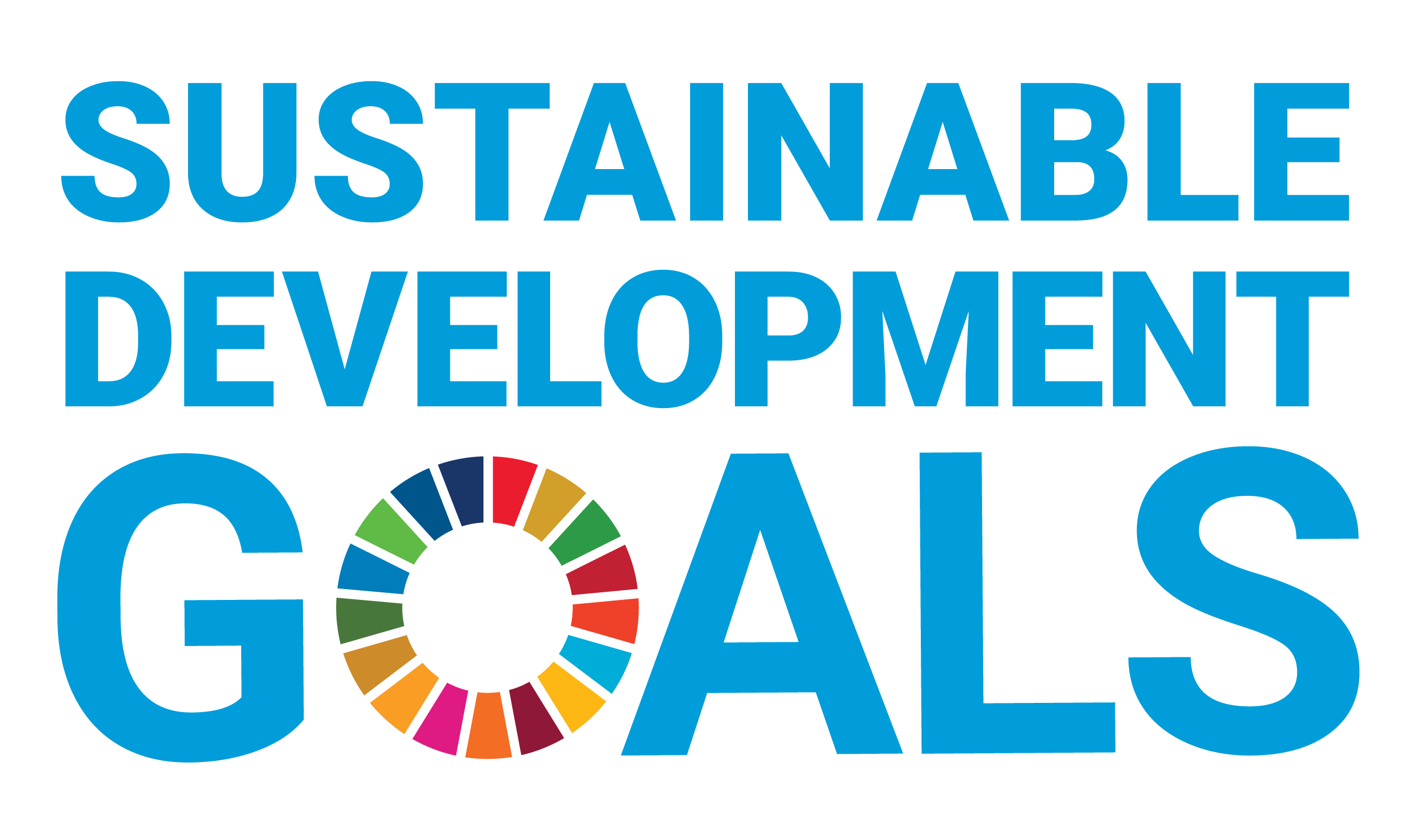Medical Populism and the Politics of Dengue Epidemics in the Global South
Document Type
Article
Publication Date
8-10-2021
Abstract
With millions of cases and thousands of deaths every year in Asia and Latin America, dengue fever continues to be of global public health significance. This article uses the concept of ‘medical populism’ to analyse the political construction of the 2019 dengue epidemics in Bangladesh, the Philippines, and Honduras. Through this framework, we examine the narratives of these outbreaks by reconstructing how political actors simplified the discourse, spectacularised the crises, offered multiple knowledge claims, and forged divisions between the people and ‘dangerous others’. Taken together, our case studies, obtained through government, journalistic, and scholarly sources, illuminate the role of medical populists (who are almost always politicians) in defining and responding to public health emergencies, underscoring the performative dimension of disease outbreaks. By detracting attention from less spectacular but more substantive policies and programs, these ‘performances’ of health crises perpetuate health inequities, especially in fragile democracies like the aforementioned Global South countries. We conclude by reflecting on the implications of medical populism to public health, health communications, and the inevitable recurrence of epidemics.
Recommended Citation
Lasco, G., & Gregory Yu, V. (2021). Medical populism and the politics of dengue epidemics in the Global South. Global Public Health. https://doi.org/10.1080/17441692.2021.1965181



